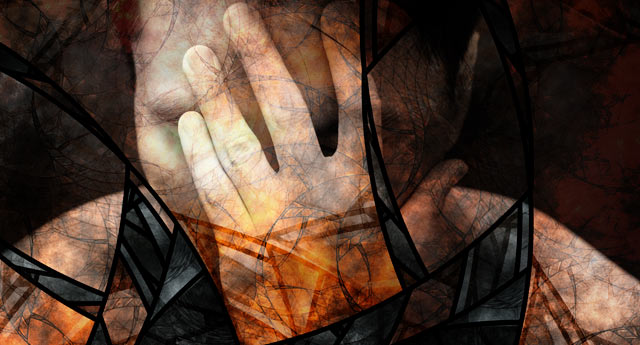
In these two far-reaching interviews on the “Soap Box” with Eric Poulin, Henry Giroux talks about the failure of liberalism in a time of increasing violence, racism, inequality, state terrorism, and the rule of the financial elite over every commanding social, cultural and political institution in the United States. He elaborates on the failure of many liberals to move both beyond the call for weak reforms that do not challenge the fundamental structures of domination and their willingness to often align themselves with repressive policies that benefit the rich and powerful. He points, for instance, to liberalism’s refusal to name the corruption and misery produced by neoliberal capitalism and its willingness to align itself with policies of the right such as the Iraqi War, state torture, a health-care program that largely benefits big insurance companies, and the massive suffering caused by the growing inequality in wealth, income and power. He also points to the refusal on the part of liberals to protest a grotesque and dangerous incarceration and surveillance state, and the failure to address the issue of what it takes to reinvent politics so as not to serve the interests of the rich and powerful – the failure in short to name a counter-revolution politics that has corrupted both political parties. He argues that liberals are more afraid of the left than the right and have consistently, especially under President Obama, gone out of their way to compromise with the right while moving the Democratic Party into more conservative territory, all the while refusing to bear responsibility for destroying the conditions that make a real democracy possible.
To read more articles by Henry A. Giroux and other authors in the Public Intellectual Project, click here.
Liberals and conservatives represent a social formation in the service of big money, and by chasing after power, they have become corrupt and morally irresponsible. He argues that liberals fail to address the obvious, which is that capitalism and democracy are not the same thing and that the economic and ideological elements of the current capitalism system are ever more powerful in their ability to destroy the lives of the poor, the middle class, public servants and others who now make up the expanding web of the precariat. All the while, liberals are either silent or complicitous in the ongoing systemic evisceration of social provisions, the war waged against poor minority youth, the militarization of everyday life, the devaluing of the commons and the public good. At the core of their beliefs in capitalism is a bankrupt notion of self-interest that is antithetical not only to those social formations, values, and relationships that sustain a real democracy, but also supports a failed sociality and American society’s descent into a form of social death.
Part 1:
Part 2:
Giroux argues that the country is in the midst of a counter-revolution, one that cannot be understood simply by pointing to police brutality. He claims the left needs a larger theoretical and political framework to understand the uniqueness of the current historical moment, one that has forged a number of fundamentalisms, including educational fundamentalism, military fundamentalism, economic fundamentalism and religious fundamentalism, which together have given rise to a new form of financial and cultural totalitarianism or more broadly a pernicious and unique brand of authoritarianism.
Giroux also talks candidly about the failure of the left to develop a comprehensive vision of politics, often focusing too narrowly on economic structures and isolated issues that fail to recognize or emphasize that the crisis of economics is now matched by a crisis of historical memory, literacy, public memory and ideas and that what is truly missing from the left is any understanding of the crisis of agency, education and meaning. In the midst of a growing concern and public awareness over the coupling of social and economic inequality and the transparency of state violence, especially against poor minority youth, he argues that new possibilities are emerging for overcoming the deepening crisis of depoliticization, agency and hope. He calls for a politics that enables people to imagine politics as a place to think critically, move beyond the tyranny of the moment, be able to connect the civic imagination with a new understanding of collective action, and demand the impossible, that is demand the promise of a radical democracy.
For Giroux, democracy begins with challenging dominant ideologies while being able to connect a number of issues that speak to a larger crisis of politics, agency and democracy. He concludes by calling for both a language of critique and a discourse of possibility, one that strives for new social movements and political formations unified around the call for resuscitating the radical imagination and taking seriously the tactics, organizations and collective will necessary to prevent the United States from intensifying its collapse into the suffocating fog of authoritarianism.
Join us in defending the truth before it’s too late
The future of independent journalism is uncertain, and the consequences of losing it are too grave to ignore. To ensure Truthout remains safe, strong, and free, we need to raise $27,000 in the next 24 hours. Every dollar raised goes directly toward the costs of producing news you can trust.
Please give what you can — because by supporting us with a tax-deductible donation, you’re not just preserving a source of news, you’re helping to safeguard what’s left of our democracy.